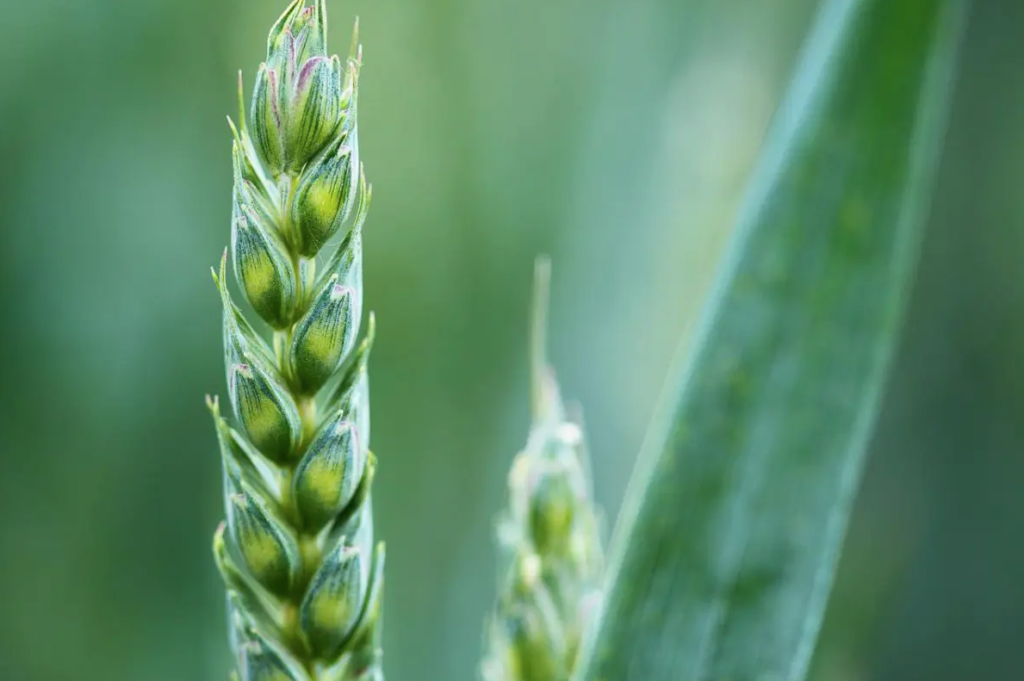Derogations to greening to address food emergency
(Sustainabilityenvironment.com) – Thanks to CAP (Common Agricultural Policy) money for sustainable practices and food emergency, European farmers will be able to fund actions that go in the opposite direction. An “exceptional” measure, “temporary“, to save this year, says the Commission in its recently published communication on food safety. It is a fact that the response to the food emergency triggered by the Russian invasion of Ukraine is a waste of some of the cornerstones of the Farm to Fork strategy. Accepting one of the main demands of agribusiness.
EU response to food emergency
What exceptions are mentioned in the Brussels decision? “To expand the EU’s production capacity, the Commission has today adopted an implementing act to allow the Member States to derogate from certain greening obligations on an exceptional and temporary basis”, reads the document of the Commission anticipated by researchers of ARC2020.
In the new CAP, “greening” practices are the respect of three sustainable practices that bring benefits to the climate and the environment. Their adoption gives access to green payments, a component of direct payments that is worth 30% of the national CAP budget.
The paper continues: “In particular, they may allow for production of any crops on fallow land that is part of Ecological Focus Areas in 2022, while maintaining the full level of the greening payment. This temporary flexibility will allow farmers to adjust and expand their cropping plans this year“.
In summary, the Commission tells farmers that in order to overcome the food emergency of storage, land that should be set aside to support the restoration of ecosystems will also be paid. The funds come from the same funding line, that of direct payments for greening. In 2022, therefore, EU farmers will be paid to farm their crops to the fullest extent, and in 2023 – if the derogation ceases – they will be paid to do the exact opposite.
The other emergency measures
The EU Communication also contains a series of other measures aimed at ensuring the resilience of the European food system in order to parry the expected impacts of the food emergencies. That originates from the role of Russia and Ukraine in the global supply chain of some key foods. Starting with wheat, with Moscow and Kiev jointly controlling 25% of global exports. Russia in particular provides 1/5 of the soft wheat (the one with which we make bread), Ukraine 10%.
War and sanctions have put both exports and the very ability to harvest at risk. A recipe that is driving markets and prices crazy. These have already risen by 21% in the case of wheat, 33% for barley, and as much as 40% for fertilizers. Here is another sensitive chapter: Russia produces 15% of the world’s volume. In addition, a large proportion of the EU’s imports came from Belarus, also under sanctions for aid to Moscow.
In addition to the derogations on greening, the Commission provides for measures to control fertiliser prices. In the short time the priority is this, not to encourage organic farming (which uses significantly less and therefore is less exposed). “Exceptional measures” are in place to stabilise wheat markets through incentives to maximise spring wheat production. Finally, a crisis fund of EUR 500 million is created for farmers in difficulty. States can lower the VAT on some goods to calm prices.

